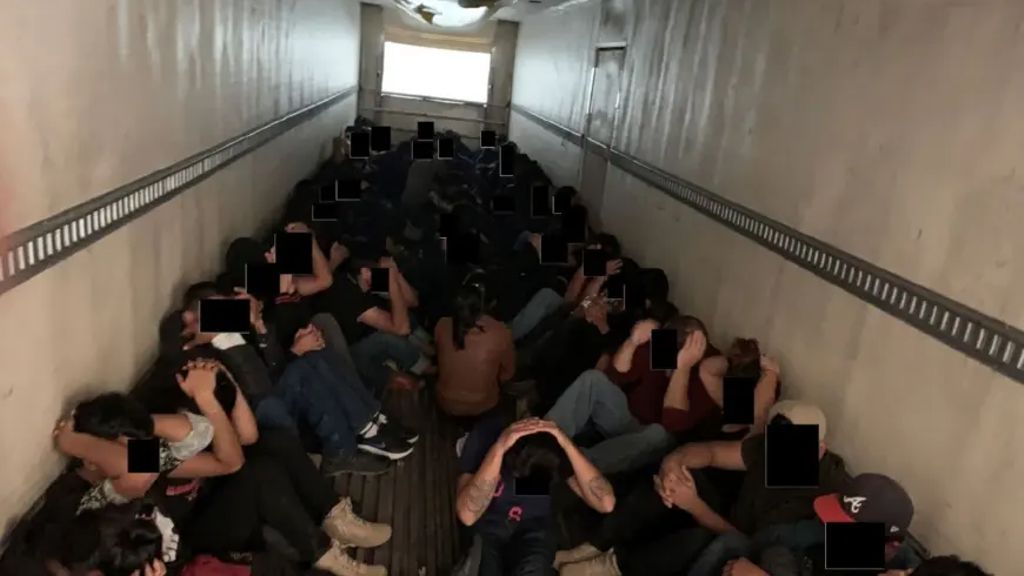Several defendants, previously convicted of human smuggling, have been issued a superseding indictment for a money laundering scheme to fund a human smuggling operation in Texas amid a federal investigation.
The indictment alleges the four defendants conspired to create a network of straw men and bank accounts under the guise of payments for construction work to transport illegal aliens.
The Southern District of Texas (SDT) has issued a superseding indictment charging 32-year-old Erminia Serrano Piedra, of Elgin, Texas; 40-year-old Oscar Angel Monroy Alcibar, also of Elgin; 34-year-old Pedro Hairo Abrigo, of Killeen, Texas; and 38-year-old Juan Diego Martinez-Rodriguez, of Dale, Texas, with conspiracy to launder money.
“As alleged in the superseding indictment, the defendants conspired to engage in financial transactions designed to conceal the nature, location, source, ownership, and control of ill-gotten proceeds of illicit human smuggling and the unlawful harboring and transportation of undocumented aliens,” the press release stated.
The superseding indictment permitted the criminal forfeiture of three properties estimated at $2.275 million, $515,000, and $344,000, with money judgments of up to $2,945.027.
‘Boss Lady’
Piedra, aka “Boss Lady,” is alleged to be the leader of the human smuggling operation comprised of 14 defendants indicted in September 2022.
“According to the indictment, the human smuggling organization used drivers to pick up migrants near the U.S.-Mexico border and transport them into the interior of the United States, often harboring them at ‘stash houses’ along the way in locations such as Laredo and Austin, Texas,” the press release stated.
“Drivers for the human smuggling organization allegedly hid migrants in suitcases placed in pickup trucks and crammed migrants in the back of tractor-trailers, covered beds of pickup trucks, repurposed water tankers, and wooden crates strapped to flatbed trailers. These methods allegedly placed the migrants’ lives in danger, because they were frequently held in confined spaces with little ventilation, which became overheated, and they were driven at high speeds with no vehicle safety devices.”







